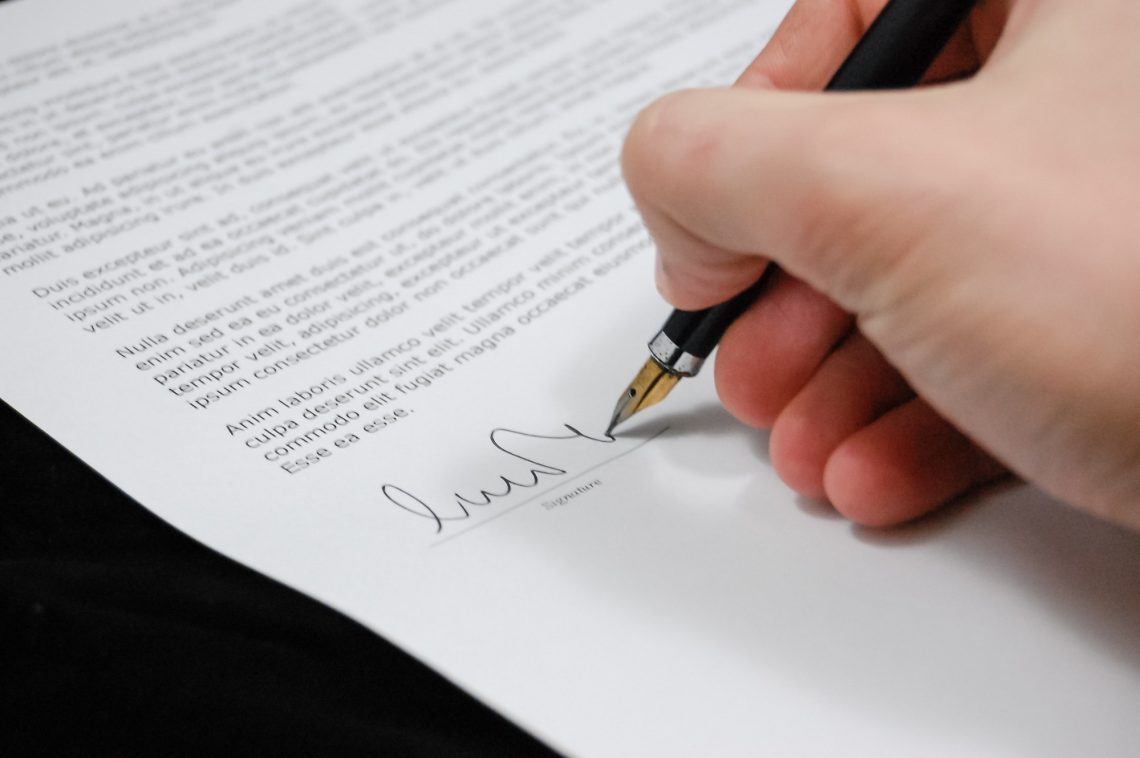
Writing a Will Without a Lawyer: 5 Essential Tips to Get You Started
Let’s face it: writing a will is one of those tasks that often gets pushed to the back burner. Yet, it’s a crucial step in estate planning that ensures your wishes are honoured after you’re gone. While many people might think that hiring a lawyer is the only way to go, writing a will without a lawyer is not only possible but can also be straightforward with the right guidance and by using a DIY will kit. Here are five essential things to consider before you dive into writing your own will.
1. What’s the Purpose of a Will?
First and foremost, understanding what a will does is key. A will is a legal document that outlines how you want your assets distributed upon your death. It allows you to nominate an executor—someone responsible for managing your estate and ensuring your wishes are followed. If you skip this step and die without a will (intestate), your assets could be distributed according to state laws, which may not align with your desires. So, knowing the purpose of a will lays the foundation for successful estate planning.
2. Inventory Your Assets
Before you put pen to paper, take stock of what you own. This includes everything from real estate and bank accounts to investments, retirement funds, and personal belongings. Don’t forget to factor in any debts, like mortgages or loans. By knowing what you have and what you owe, you can better determine how to allocate your assets in your will. This thorough inventory also helps ensure that no valuable items are overlooked.
3. Choose Your Beneficiaries Wisely
Who gets what? This is perhaps the most critical aspect of writing a will without a lawyer. Your beneficiaries are the individuals or entities that will receive your assets, so take your time deciding who they will be. If you have children, consider appointing a guardian to take care of them if something happens to you. Be clear and specific about how you want your assets divided to avoid any confusion or disputes down the line.
4. Be Aware of Tax Implications
While writing a will yourself can save you money, be mindful of the potential tax implications. Estate taxes can eat into the value of your assets, which could reduce what you leave for your beneficiaries. It’s wise to do your research or consult resources that can help you understand how to minimise taxes. Knowing the tax landscape can help you create a plan that maximises your estate’s value.
5. Review and Update Regularly
Life is unpredictable, and your will should reflect your current situation. Whether it’s a change in family dynamics, like births, marriages, or divorces, or shifts in your financial status, regular reviews of your will are crucial. Make it a habit to revisit your will every few years or whenever a significant life event occurs. If you choose to write your will without a lawyer, keep it in a safe place and inform a trusted friend or family member about its location.
Wrapping It Up
Writing a will without a lawyer is entirely doable and can provide you with peace of mind, ensuring that your wishes will be respected. To begin, it’s important to understand the purpose of a will and to take a thorough inventory of your assets. You should carefully choose your beneficiaries while also considering any potential tax implications. Additionally, it’s essential to regularly update your will to reflect any changes in your life circumstances. While DIY wills can be effective, don’t hesitate to seek professional advice if you ever feel overwhelmed or uncertain about the process.
Until next time.




